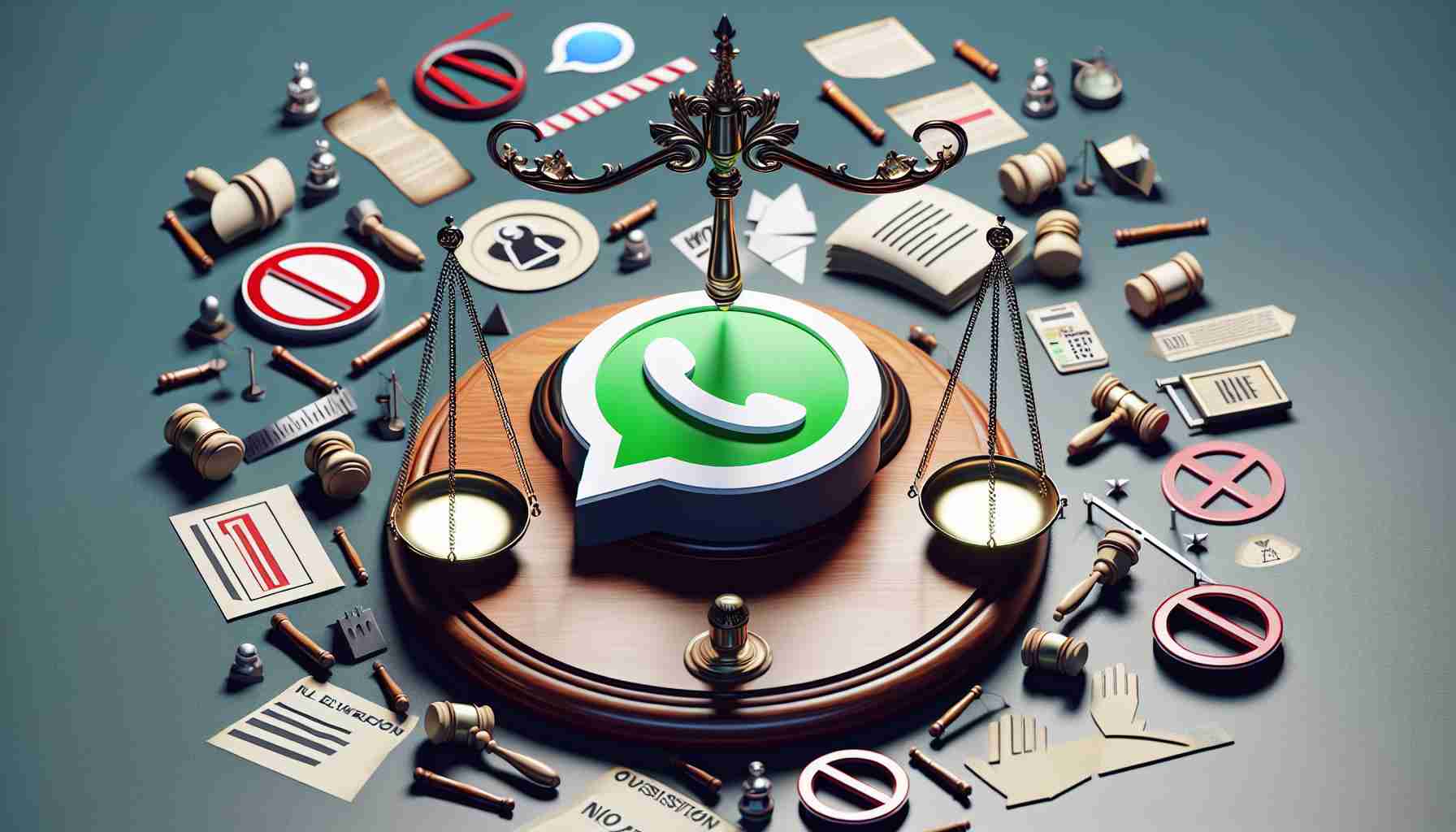WhatsApp has recently come forward in a plea, bringing attention to the potential violation of constitutional rights and the Information Technology Act. The company argues that Rule 4(2), in particular, infringes upon the fundamental rights of privacy and freedom of speech, which are guaranteed by the Constitution.
The plea emphasizes the fact that WhatsApp is not alone in challenging the IT Rules, as several other cases are already pending in various High Courts, including the Delhi High Court where WhatsApp itself has lodged a complaint against the same issue. It contends that the magistrate should not have issued the order, considering the ongoing legal disputes.
While acknowledging the validity of the order, WhatsApp asserts that even if it were to comply, the order would remain unconstitutional and raise significant legal questions. By bringing these concerns to the forefront, WhatsApp aims to protect the rights of its users and maintain a secure platform for communication.
The company’s argument centers around the notion that Rule 4(2) not only hampers privacy but also compromises freedom of speech, which is a cornerstone of democratic societies. It claims that the rule infringes upon these essential rights, making it arbitrary and violative of Article 14 of the Constitution.
WhatsApp’s plea sheds light on the broader implications of the case. It raises the critical issue of balancing the need for regulation and the protection of citizens’ rights in the digital age. This plea serves as a reminder that any regulations put in place must be carefully scrutinized to ensure they do not unduly infringe upon fundamental rights.
By voicing its concerns and challenging the order, WhatsApp sparks a larger conversation about the importance of privacy, freedom of speech, and the overall frameworks that govern digital communication. It sets the stage for further examination and deliberation on striking the right balance between regulation and personal liberties in the digital realm.
WhatsApp Raises Concerns Over Potential Violation of Constitutional Rights
WhatsApp has recently raised concerns about the potential violation of constitutional rights and the Information Technology Act. The company argues that Rule 4(2) infringes upon the fundamental rights of privacy and freedom of speech guaranteed by the Constitution.
Legal Disputes and Pending Cases
WhatsApp highlights that it is not alone in challenging the IT Rules, as several other cases are already pending in various High Courts. It has lodged a complaint against the same issue in the Delhi High Court, emphasizing that the magistrate should not have issued the order considering the ongoing legal disputes.
Unconstitutionality and Legal Questions
While acknowledging the validity of the order, WhatsApp asserts that even if it were to comply, the order would still be unconstitutional and raise significant legal questions. The company aims to protect the rights of its users and ensure a secure platform for communication.
Concerns over Privacy and Freedom of Speech
WhatsApp argues that Rule 4(2) not only hampers privacy but also compromises freedom of speech, which is essential in democratic societies. It claims that the rule infringes upon these fundamental rights, making it arbitrary and violative of Article 14 of the Constitution.
Broader Implications and Balancing Rights
WhatsApp’s plea sheds light on the broader implications of the case, highlighting the need to balance regulation and the protection of citizens’ rights in the digital age. The plea serves as a reminder that any regulations should be carefully scrutinized to avoid undue infringement upon fundamental rights.
Setting the Stage for Examination and Deliberation
By voicing its concerns and challenging the order, WhatsApp initiates a broader conversation about privacy, freedom of speech, and the frameworks governing digital communication. This prompts further examination and deliberation on finding the right balance between regulation and personal liberties in the digital realm.
The source of the article is from the blog mendozaextremo.com.ar
